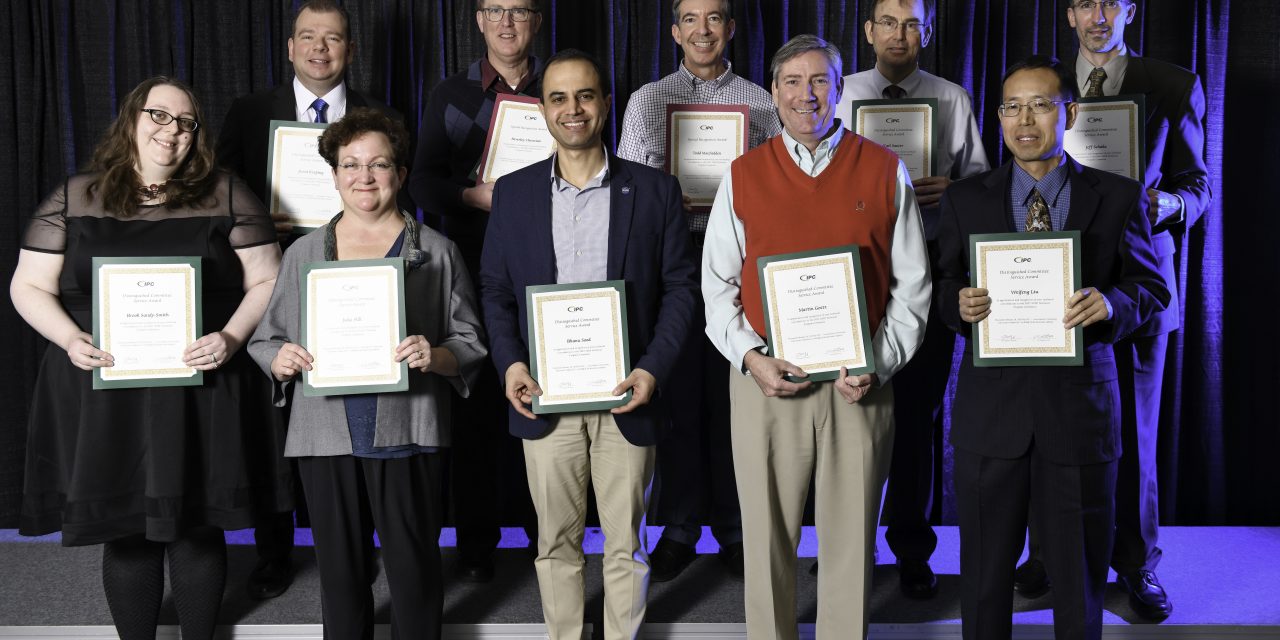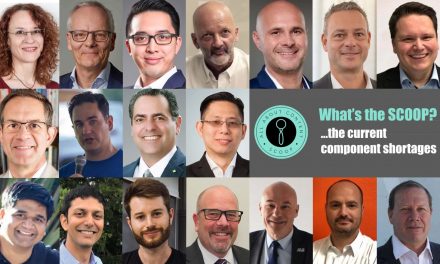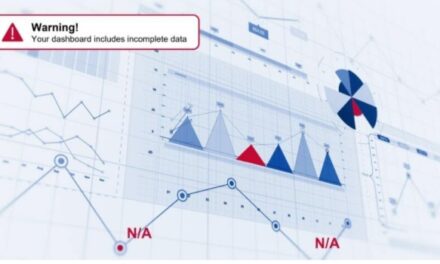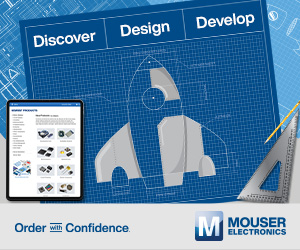Why Would Anyone Serve on an IPC Standards Committee?

Today’s issue of EMSNOW features two videos from the recent IPC APEX 2018 show in San Diego. IPC CEO John Mitchell and Indium Corporation’s Technical Support Engineer Brook Sandy-Smith (see below) are interviewed by SCOOP journalist Phil Stoten.
Both interviews speak about industry issues that fall into the category of ‘giving back’. John speaks about the need for the industry to step up its STEM outreach to young people; Brook Sandy-Smith speaks about her work on IPC Standards Committees.
Why do people serve on committees and work on programs like STEM outreach that don’t directly benefit them today? Why do companies allow their employees to develop standards that might also help their competitors’ bottom lines? Here’s what IPC says to convince members to get involved:
Wondering how the standards you rely on get developed? Do you want to help make those standards better? Have you always wanted to find out why a certain criterion was included?
Use your technical expertise to improve IPC standards. Committee participation can take place in meetings, by teleconference, or by e-mail. Distance shouldn’t deter you and, indeed, IPC welcomes global input.
Committee members sharpen their negotiation and presentation skills. You’ll personally benefit from developing a network of experts with similar interests. In addition, committee participation can help build your resume and show potential employers that you’re keeping up with technological changes in the industry. Find out more about IPC committees on our committee home pages and about the documents currently in development in our status of standardization. IPC members in China and Asia are invited to participate through TGAsia Forum, our e-mail forum for discussion of standards development. Find out more about TGAsia Forum by contacting Harry Han.
If you’re ready to help out, please send an e-mail to Answers@ipc.org. Please reference the committee or technology that interests you and provide your complete contact information, including your address, phone, and fax number. We’ll get in touch on the best way to get involved. Committee communications are conducted through e-mail, so it is mandatory to furnish a working e-mail address.
Indium Corporation’s Brook Sandy-Smith, Technical Support Engineer for PCB Assembly Materials, is an SMTA Certified Process Engineer and has a passion for developing and implementing standardized test methods. She is an active member of several IPC committees, SMTA programs, and iNEMI projects, and is currently serving as chair of the J-004 committee and Vice President of technical programs for the SMTA Empire chapter.
Sandy-Smith explains that it is critical for experts—even competitors—to come together to find commonalities to facilitate technology improvements and advancements in the industry.
Sandy-Smith was recently recognized with an IPC Distinguished Committee Service Award for her contributions to the development of industry standards, including Amendment 1 to IPC J-STD-006C, Requirements for Electronic Grade Solder Alloys and Fluxed and Non-Fluxed Solid Solders for Electronic Soldering Applications and her contributions to the 2017-2018 to the Technical Program Committee.













